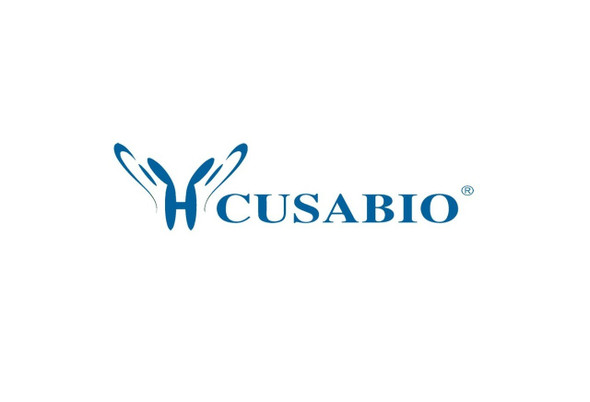Cusabio Polyclonal Antibodies
Phospho-EIF4EBP1 (Ser64) Antibody | CSB-PA086512
- SKU:
- CSB-PA086512
- Availability:
- 3 to 7 Working Days
- Size:
- 100ul
Description
Phospho-EIF4EBP1 (Ser64) Antibody | CSB-PA086512 | Cusabio
Phospho-EIF4EBP1 (Ser64) Antibody is Available at Gentaur Genprice with the fastest delivery.
Online Order Payment is possible or send quotation to info@gentaur.com.
Product Type: Polyclonal Antibody
Target Names: EIF4EBP1
Aliases: 4EBP1; EIF4EBP1; Eukaryotic translation initiation factor 4E binding protein 1; Insulin-stimulated EIF-4E binding protein PHAS-I; P/OKCL.6; PHAS-1; PHAS-
Background: Regulates eIF4E activity by preventing its assembly into the eIF4F complex: hypophosphorylated form competes with EIF4G1/EIF4G3 and strongly binds to EIF4E, leading to repress translation. Mediates the regulation of protein translation by hormones, growth factors and other stimuli that signal through the MAP kinase and mTORC1 pathways.
Isotype: IgG
Conjugate: Non-conjugated
Clonality: Polyclonal
Uniport ID: Q13541
Host Species: Rabbit
Species Reactivity: Human, Mouse, Rat
Immunogen: Peptide sequence around phosphorylation site of serine 64 (R-N-S (p) -P-V) derived from Human 4E-BP1.
Immunogen Species: Human
Applications: ELISA, WB, IHC
Tested Applications: ELISA, WB, IHC;WB:1:500-1:3000, IHC:1:50-1:100
Purification Method: Antibodies were produced by immunizing rabbits with synthetic phosphopeptide and KLH conjugates. Antibodies were purified by affinity-chromatography using epitope-specific phosphopeptide. Non-phospho specific antibodies were removed by chromatogramphy using non-phosphopeptide.
Dilution Ratio1: ELISA:1:2000-1:10000
Dilution Ratio2: WB:1:500-1:3000
Dilution Ratio3: IHC:1:50-1:100
Dilution Ratio4:
Dilution Ratio5:
Dilution Ratio6:
Buffer: Rabbit IgG in phosphate buffered saline (without Mg2+ and Ca2+), pH 7.4, 150mM NaCl, 0.02% sodium azide and 50% glycerol.
Form: liquid
Storage: Upon receipt, store at -20°C or -80°C. Avoid repeated freeze.
Initial Research Areas: Epigenetics and Nuclear Signaling
Research Areas: Epigenetics & Nuclear Signaling;Metabolism






